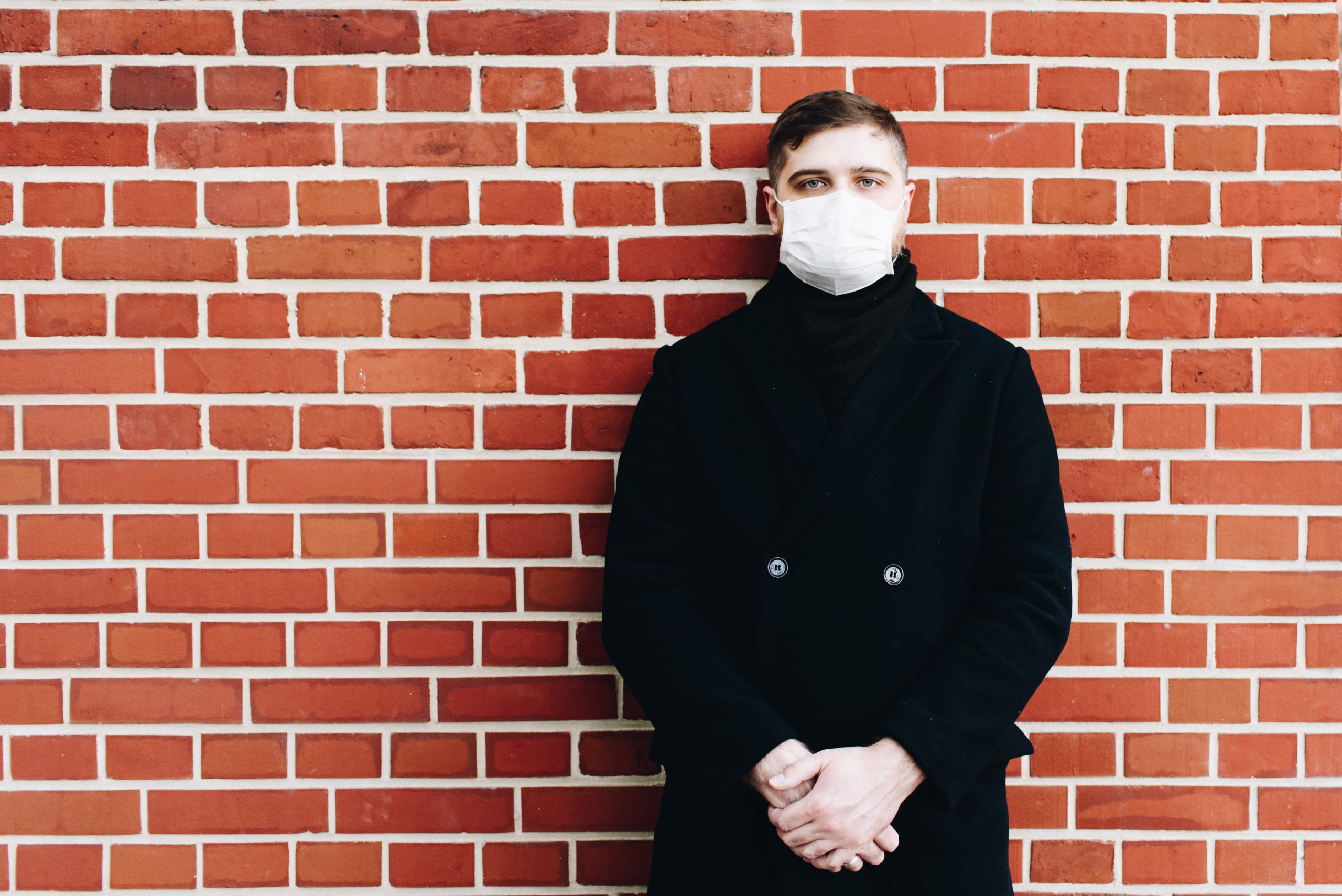- 3 May 2023
- 89
How to Protect Your Newborn from Whooping Cough

Whooping cough, also known as pertussis, is a highly contagious disease that can be serious, particularly in newborns. Fortunately, there are steps you can take to protect your newborn from whooping cough. Here’s what you need to know.
Why Newborns Are at Risk
Newborns are particularly vulnerable to whooping cough because they are too young to be vaccinated. The first dose of the pertussis vaccine is typically given at two months of age, with subsequent doses given at four and six months of age. Until your baby is fully vaccinated, they are at risk of contracting whooping cough.
Symptoms of Whooping Cough in Newborns
The symptoms of whooping cough in newborns can be different from those in older children and adults. Newborns with whooping cough may experience:
- Episodes of apnea, where they stop breathing for a short period
- Cyanosis, where their skin turns blue or gray due to a lack of oxygen
- A cough that may be less severe than in older children and adults
- A high fever
- Difficulty feeding
- Fatigue
If you suspect your newborn has whooping cough, it is essential to see a healthcare provider immediately.
How to Protect Your Newborn from Whooping Cough
The best way to protect your newborn from whooping cough is to ensure that everyone who comes into contact with your baby is vaccinated against the disease. This includes family members, caregivers, and healthcare providers.
The Centers for Disease Control and Prevention (CDC) recommends that all pregnant women receive the Tdap vaccine between 27 and 36 weeks of pregnancy, regardless of whether they have been previously vaccinated. This can help protect both the mother and the newborn from whooping cough.
In addition to vaccination, it is important to practice good hygiene to prevent the spread of whooping cough. This includes:
- Washing your hands frequently with soap and water
- Covering your mouth and nose when coughing or sneezing
- Staying home if you are sick
- Avoiding close contact with others who are sick
If you have other children, make sure they are up to date on their vaccinations to reduce the risk of them contracting and spreading whooping cough to your newborn.
Conclusion
Whooping cough can be a serious disease for newborns, who are too young to be vaccinated. However, there are steps you can take to protect your newborn from whooping cough. Ensuring that everyone who comes into contact with your baby is vaccinated against the disease is the best way to prevent its spread. In addition to vaccination, practicing good hygiene can also help reduce the risk of your newborn contracting whooping cough. By taking proactive steps to protect your newborn, you can help keep them safe and healthy.

